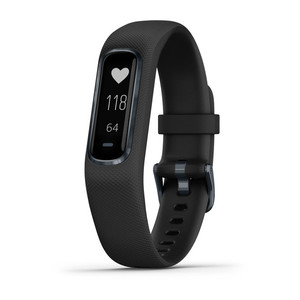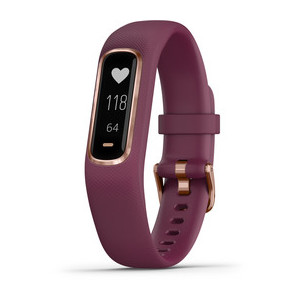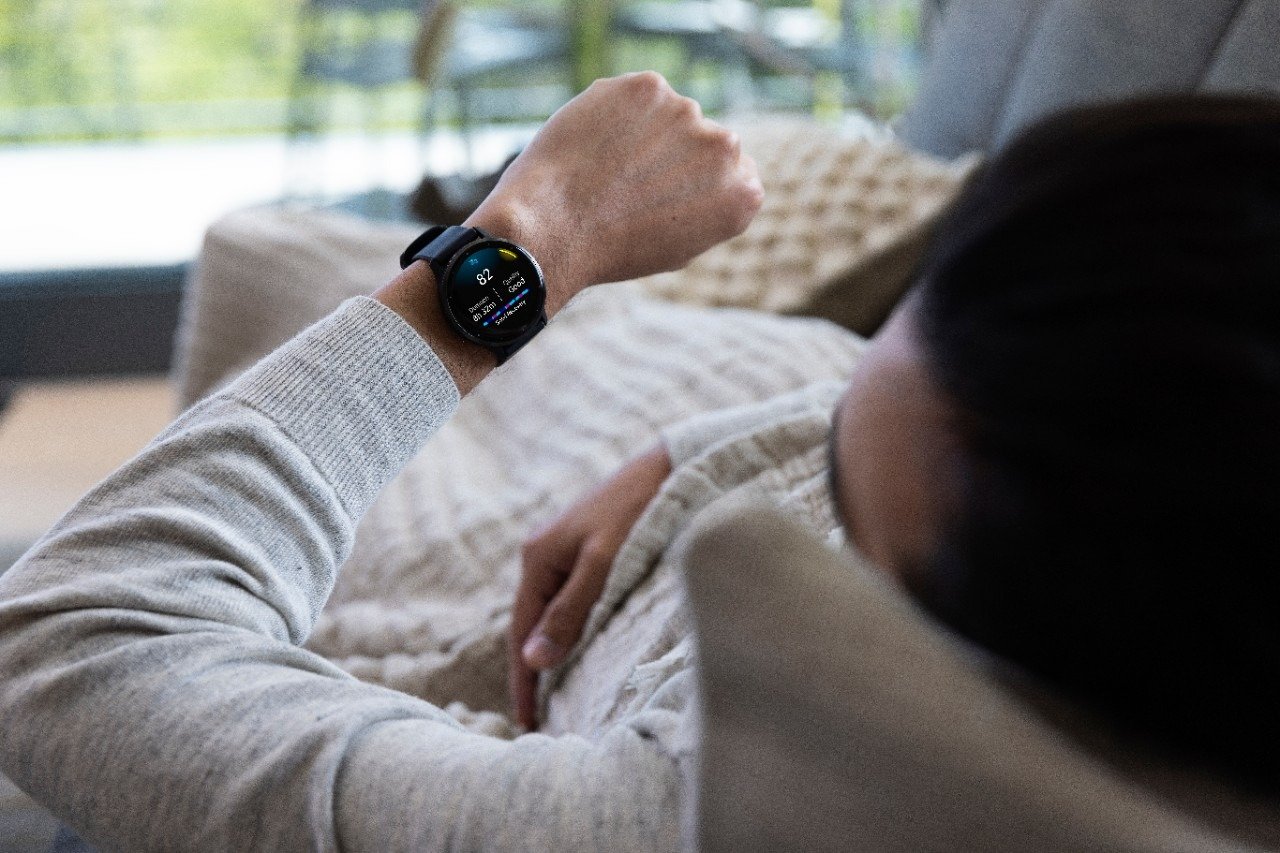
Swedish Study Uses Garmin Smartwatch Technology to Contribute to the Development of Sustainable and Healthy Cities of the Future
The BIG Study Sweden is a 3-year project led by the Department of Sustainability Science at the University of Gävle. BIG, or Better life quality with Integrated GIS (Geographic Information System), aims to create urban solutions that simultaneously promote individual, social and ecological health. The project will map ecological and geographical properties in Gävle and cross-analyse these with how people experience their urban landscape, using data gathered by Garmin® devices and survey data.
Data Collection in the BIG Project
There are three areas of focus for data collection:
- Digital Mapping: The team will compile digital maps of Gävle to include information about landscape, walkability, cyclability, access to health care, pollution, environmental degradation and more.
- Smartphone Application: The MyGävle app is a smartphone application1 developed by the Department of Sustainability Science at the University of Gävle within the BIG research project. Using the GPS sensor of the smartphone, the app will collect data on where and when participants interact with the city of Gävle. At the same time, participants will be sent weekly surveys, documenting the positive and negative experiences that shape their everyday lives.
- Fitness Trackers: Researchers will select 500 participants representative of different ages, gender and income within the population of Gävle to use the Garmin vívosmart® 4. The data collected (including step count, calories burnt, heart rate, heart rate variability and stress levels) will be combined with smartphone data to create spatiotemporal biometric data.
Collaboration with Garmin
When asked about the choice of Garmin for this study, Matteo Giusti, Project Manager of BIG said: “We used a variety of indicators to select the vívosmart 4 for our research project. Ease of use, availability of heart rate variability, presence of API and SDK, type of connection, cost, ease of shipping and distribution, battery life. Across all fitness trackers evaluated, the vívosmart 4 came out as the best option for our study.”
The data gathered is essential to the understanding of how a specific location in time, with its geography and climate, has influenced people’s health and well-being. By analysing how participants currently experience their surroundings and the effects it has on them both physically and mentally, researchers are hoping to understand how to create cities that are beneficial to both humans and the environment.
“Garmin Health is proud to be part of a study that explores how health and well-being may be connected to the urban landscape,” said Jörn Watzke, Garmin Health senior director of global B2B sales. “Garmin wearable data offers valuable insights into both physical and mental health, and it is rewarding that researchers are now using that data to better understand global and community health trends and metrics.”
Cities of the Future
Much research has gone into the effects on the health of our environment, particularly in light of global lockdowns and isolation, and it is no secret that exposure to certain types of areas can have a huge impact on our health, well-being and perception of life. Using a combination of qualitative and quantitative data, like that collected from Garmin wearables, this project aims to map the positives and negatives of current locations, in addition to Gävle, and use that information to create a sustainable and liveable future for us all.
1University of Gävle developed the MyGävle app and use the Garmin Health-API and companion SDK to gather data from the vívosmart 4 participants wear.






